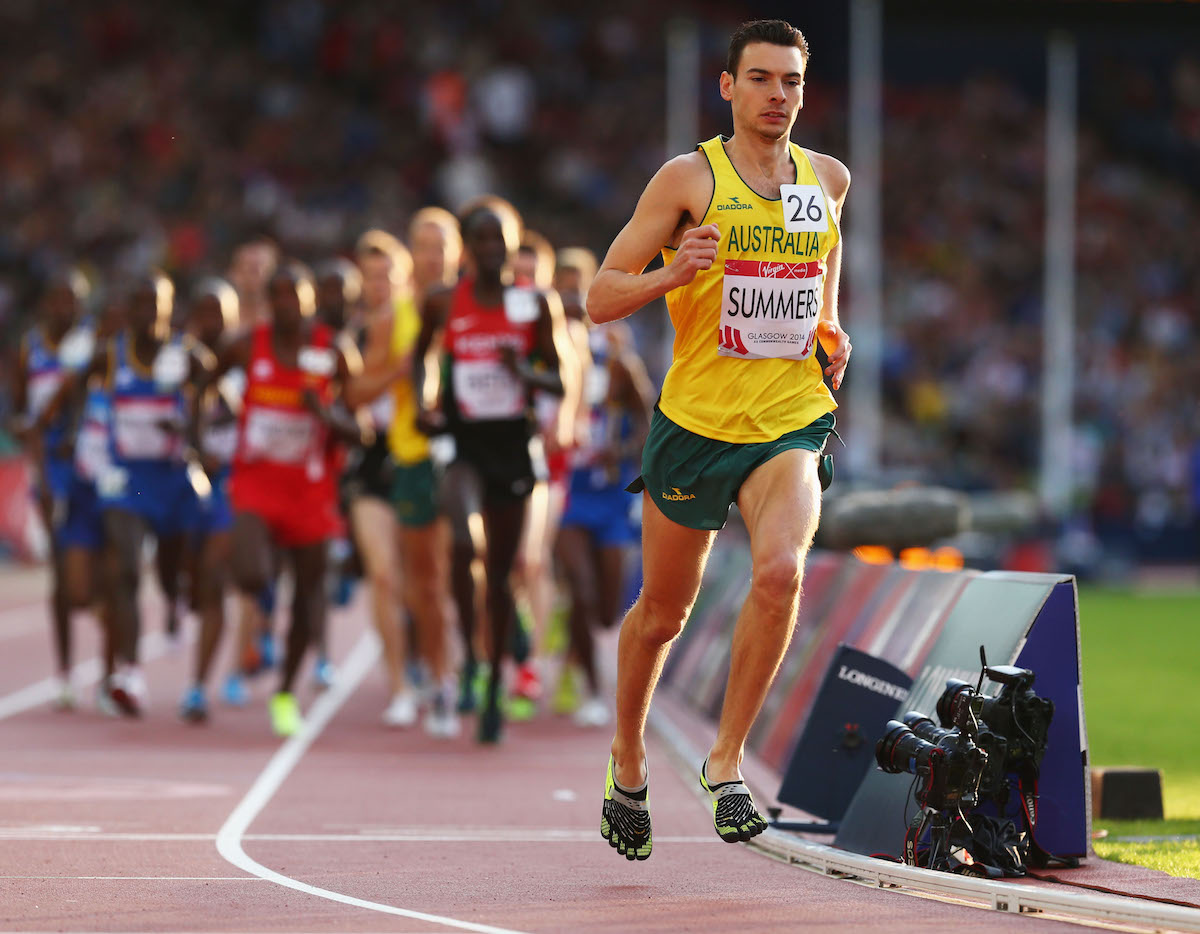The recent announcement that there would be no road events at the Glasgow 2026 Commonwealth Games was poignant enough for Australian athletics followers. As Commonwealth marathon champions ‘Deek’, ‘Monner’, Kerryn, Lisa, Michael and Jess are on first-name terms as far as most of us are concerned.
But it was hard to miss the symbolism, too. Did the end of the road events also portend the end of the Commonwealth Games. Would a severely pared down Glasgow 2026 be the last Commonwealths leaving the event to disappear just four years short of its centenary.
Or, to switch from road construction metaphors to gardening comparisons, is a Commonwealth Games without marathons, road cycling and triathlons just part of the necessarily heavy pruning required to let the Games grow again. There’s never been a shortage of Jeremiahs predicting their demise but compared to its zenith a few years back when it seemed the Commonwealth Games were too big to fail, is it now a case of their being too big to stage.
Big issues. So, let’s wallow in nostalgia first. My love of the marathon notwithstanding, my first exposure to Commonwealth road events was the Edmonton 1978 cycling road race. The race Phil Anderson won twice over.

By some way the best-performed of a breakaway group of three, in the television commentators’ estimation Anderson already had the gold medal around his neck as the trio approached a sharpish turn just under 20 kilometres from the finish. Then, disaster: his wheels slid from under him on the wet and slippery surface and he crashed to the road gashing his leg in the process.
Undaunted, Anderson got back on the bike and gave chase. He reeled the leader in, then won in a sprint finish.
“It just made me want to get out and go harder for that gold (medal),” Anderson said of the fall.
Watching Anderson just made me want to get out and run harder, which I did in my first run in Sydney’s City to Surf race the next day. Not before another inspirational bit of Games’ television, though, as the next morning brought the men’s 1500 final in which Dave Moorcroft chased down defending champion Filbert Bayi to win the gold medal by less than a stride in 3:35.
My Commonwealth road memories were pretty well all marathon after that (honourable mentions to road race walkers Nathan Deakes, Jane Saville, Jared Tallent and Jemima Montag, among others).
Rob de Castella’s famous chase down of Juma Ikangaa to win in Brisbane in 1982 was followed by Deek and Lisa Ondieki’s double victories in Edinburgh in 1986 as the women’s marathon made its debut. Ondieki had a memorable solo follow-up win in Auckland in 1990 then Steve Moneghetti completed his bronze (1986) to silver (1990) to gold marathon sequence in Vancouver in 1994.

Many of my favourite athletics moments have been at Commonwealth Games but the Kerryn McCann, Krishna Stanton, Jackie Fairweather 1-2-3 in the Manchester 2022 marathon reduced me to a mumbling, bumbling wreck. That was personal, as I knew all three athletes well, but McCann’s second victory in a dramatic battle with Kenya’s Hellen Cherono was shared with almost 80,000 others at a packed Melbourne Cricket Ground.
Finally, Michael Shelley’s two wins in Glasgow and on the Gold Coast and Jess Trengove’s triumph in Birmingham make up a solid collection of Commonwealth road trips. It’s sad to think that there’ll be no such highlights at Glasgow 2026.
Over that same period, however, the Commonwealth Games grew and grew. Now, they are to be cut back to Brisbane 1982 size (minus road events). In Brisbane there were 10 sports, the same number as will be in Glasgow 2026. In between they went up to a high of 19 and costs followed accordingly.
It was the 1998 Kuala Lumpur Games that brought the big expansion. Until those Games, team sports were excluded (rowing’s sporadic inclusion excepted). But cricket, hockey and Rugby Sevens were all added to the KL roster, along with squash and 10-pin bowling. From 10 sports in Vancouver, the number jumped to 15 in KL, 17 in Manchester, Melbourne and Delhi,18 in Glasgow 2014 and Gold Coast and 19 in Birmingham.

Taking the Games to Malaysia and New Delhi was undoubtedly a good thing, but these editions – along with Melbourne in 2006 – also saw big increases in the costs of hosting. Those costs have now led to a situation where only the UK and Australia seem capable – or interested – in meeting them.
Glasgow stepped in when Victoria/Melbourne stepped back from hosting the 2026 Games, but the result will be a drastically pared down event. That, in turn, leaves 2030 very much an unknown proposition. The loss of the Commonwealth Games would be a major blow to Australian sports, but that is the prospect staring us in the face.
Australian Commonwealth and Olympic sports have a very interesting couple of years ahead.















